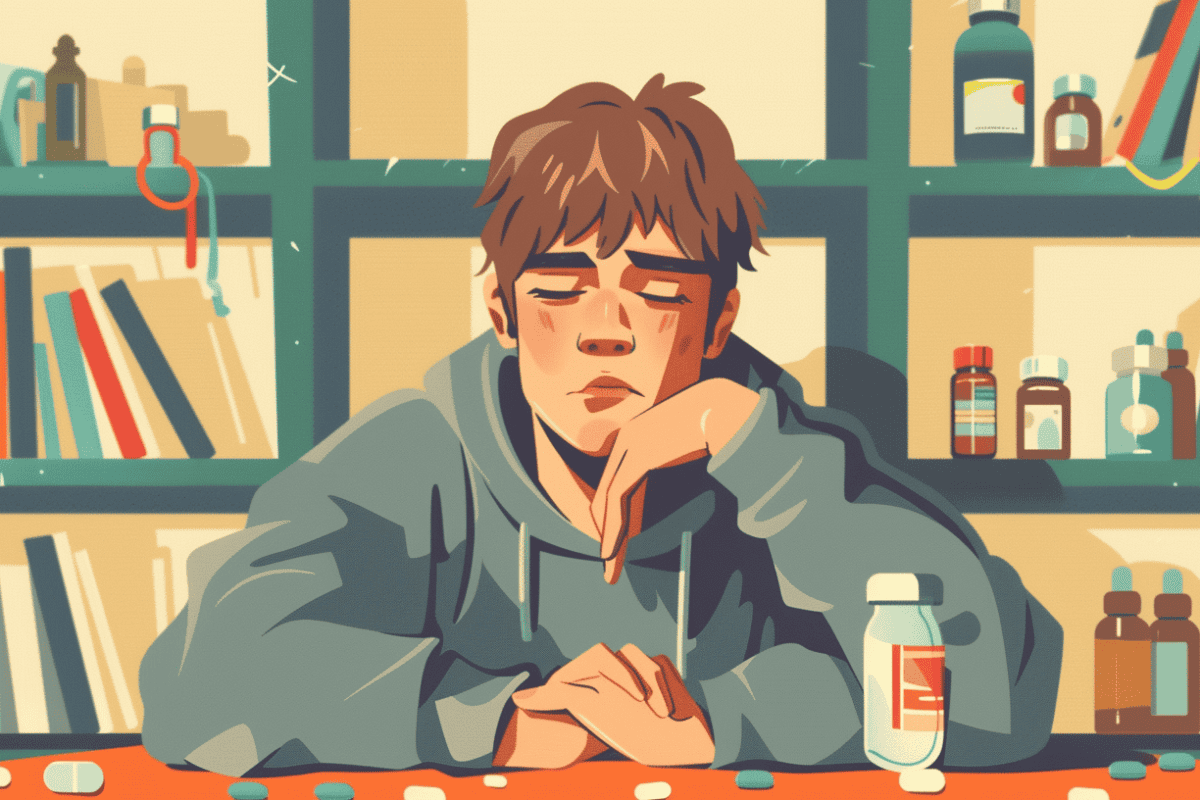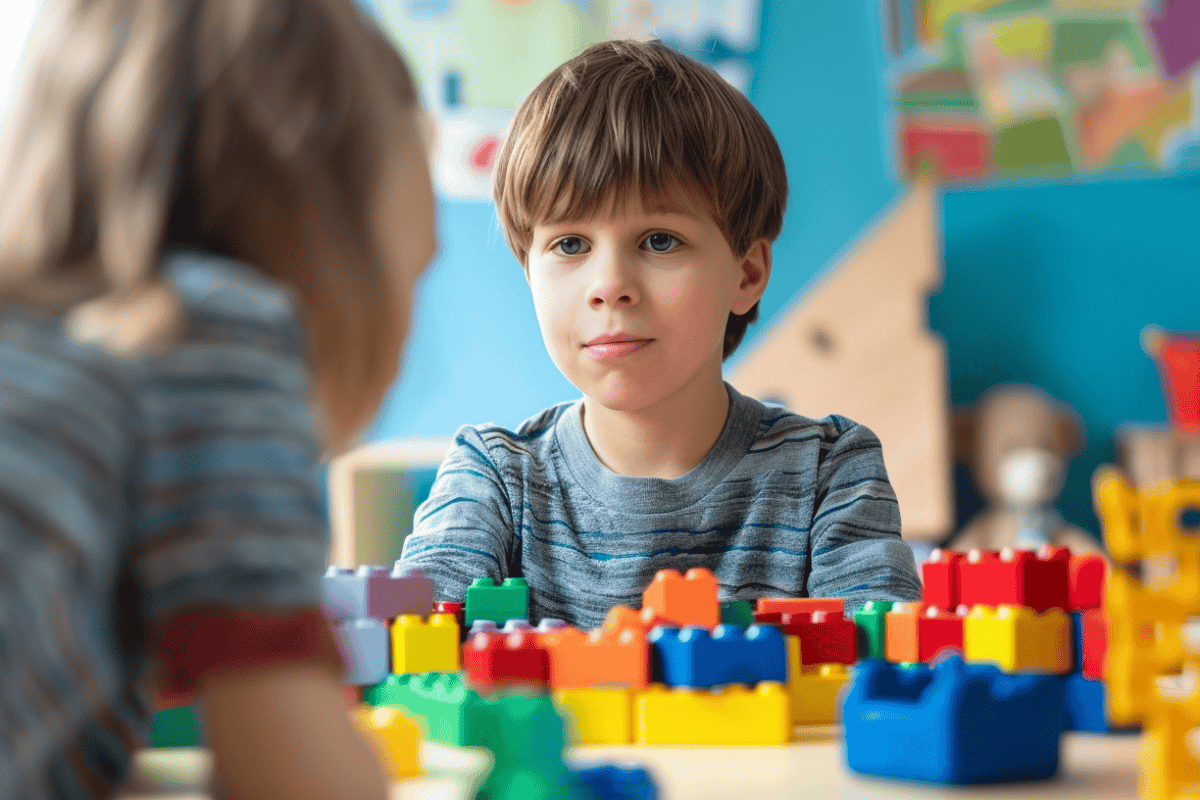Recovering from substance addiction is a tough journey. This experience requires immense strength and determination as well as robust support. People who achieve their recovery goals quickly usually have support from friends, family, loved ones, and the community.
These support systems provide the necessary encouragement, understanding, and guidance for a person to battle all the problems addiction brings. Unfortunately, only a small percentage of people who suffer from addiction have adequate support. In many cases, this happens because family members and the community simply don’t know how to help.
Over 20 million Americans have at least one addiction. Be it opioids, alcohol, or marijuana, all these drugs contribute to low quality of life. Around 94% of these people never receive any treatment. One of the reasons is the lack of adequate support.
Let’s take a closer look at the way family and community can help people fight their addiction,
How Addiction Affects Family and Community
The impact of addiction extends far beyond the individual struggle with substance abuse. It affects the entire family, including distant relatives and close friends. Families may experience emotional turmoil, strained relationships, financial burdens, and overall instability.
Communities can notice increased crime rates, healthcare expenses, and social issues. Recognizing the negative consequences of addiction on families and communities emphasizes the need for support and intervention.
Family Plays The Biggest Role
When it comes to the impact drug addiction has on the person’s family, you have to remember that family is often more than just parents and siblings.
It includes friends, loved ones, and extended family members who share an emotional connection with the individual. By uniting efforts, family members can create a supportive environment that facilitates recovery. Their involvement can provide a sense of belonging, love, and accountability. All of this contributes to a more successful recovery journey.
Healthy and Unhealthy Roles of Family Members in Addiction Recovery
While family support is essential, certain behaviors can exacerbate the challenges faced by individuals in recovery. Enabling, codependency, and stigmatization are unhealthy roles that hinder progress.
On the other hand, healthy roles involve providing emotional support, encouraging treatment, setting boundaries, and participating in therapy or support groups. By adopting healthy roles, family members can positively impact the recovery process.
Not all family members have the knowledge and resources to assume healthy roles. Many of them give in to financial and emotional struggles. When this is the case, helping loved ones receive comprehensive treatment in recovery centers is a great way to help.
Mental health professionals who work in some of these centers can help family members deal with their loved one’s addiction and become the supportive force these people need.
For example, if you are planning to get ibogaine treatment for a loved one, you may want to consider a recovery center that offers holistic addiction treatment that includes psychological assistance for the family.
Community Assistance
Communities also play an important role in addressing addiction. They can do it by:
- Implementing educational programs
- Raising awareness
- Providing support
When communitive take proactive measures, they create an environment that fosters understanding, support, and empathy. Individuals who suffer from addiction can benefit from knowing that they have vast community support without worrying about stigma.
Education
One effective way communities can contribute to addiction recovery is by organizing educational workshops, seminars, and public campaigns. These initiatives educate community members about substance abuse and its consequences while sharing available resources for help.
By providing accurate information and dispelling myths surrounding addiction, communities can help reduce the stigma. Educational programs can also equip community members with the knowledge to identify signs of addiction.
Support for Local Treatment Centers
In addition to educational efforts, communities can extend support to local treatment centers. Volunteering at these centers allows community members to participate in the recovery process. By dedicating their time and efforts, community volunteers contribute to the overall well-being of individuals in recovery and improve treatment efficiency.
Fundraising
Fundraising efforts within the community are another effective way to support addiction treatment. Communities can organize events, such as charity runs, benefit concerts, or auctions. These events help raise funds for local treatment centers or organizations dedicated to addiction support.
Such initiatives don’t just provide financial assistance but also create a sense of unity within the community. By actively participating in fundraising activities, community members demonstrate their commitment to helping individuals overcome addiction.
Awareness
Awareness campaigns can play a significant role in challenging myths and encouraging a more compassionate approach toward individuals in recovery. Through community-wide efforts, such as public discussions, art exhibitions, or storytelling events, people in recovery can share personal experiences. This can create a greater understanding of the challenges they face and foster empathy within the community.
Steps You Can Take to Help Your Loved One Recover
Supporting a loved one in their recovery journey starts with educating yourself about addiction and its treatment options. Encouraging open communication, expressing empathy, and offering non-judgmental support are key.
You need to understand that addiction is a disease that requires professional medical attention. No matter how sure your loved ones are that they can kick the habit on their own, these cases are extremely rare. In fact, quitting some drugs “cold turkey” could be dangerous and lead to lethal outcomes.
To help your loved one overcome the addiction, you can encourage them to seek professional help. Once they begin the road to recovery, you can attend therapy or support groups together. You can also accompany them to appointments, suggest treatment programs, and just hold their hands whenever they need support.
Keep in mind that recovery is a personal process. That’s why you need to help the person tactfully while respecting their autonomy and decisions.
Playing the Right Role
The role of family and community support in addiction recovery cannot be understated. By providing a nurturing environment, families and communities can provide irreplaceable help to a person on their recovery journey.
Recognizing the healthy and unhealthy roles, community assistance, and steps to support loved ones can make a positive difference. Together, you can break the cycle of addiction and help a person lead a happy and healthy life.
This is a sponsored post
Digital Health Buzz!
Digital Health Buzz! aims to be the destination of choice when it comes to what’s happening in the digital health world. We are not about news and views, but informative articles and thoughts to apply in your business.


